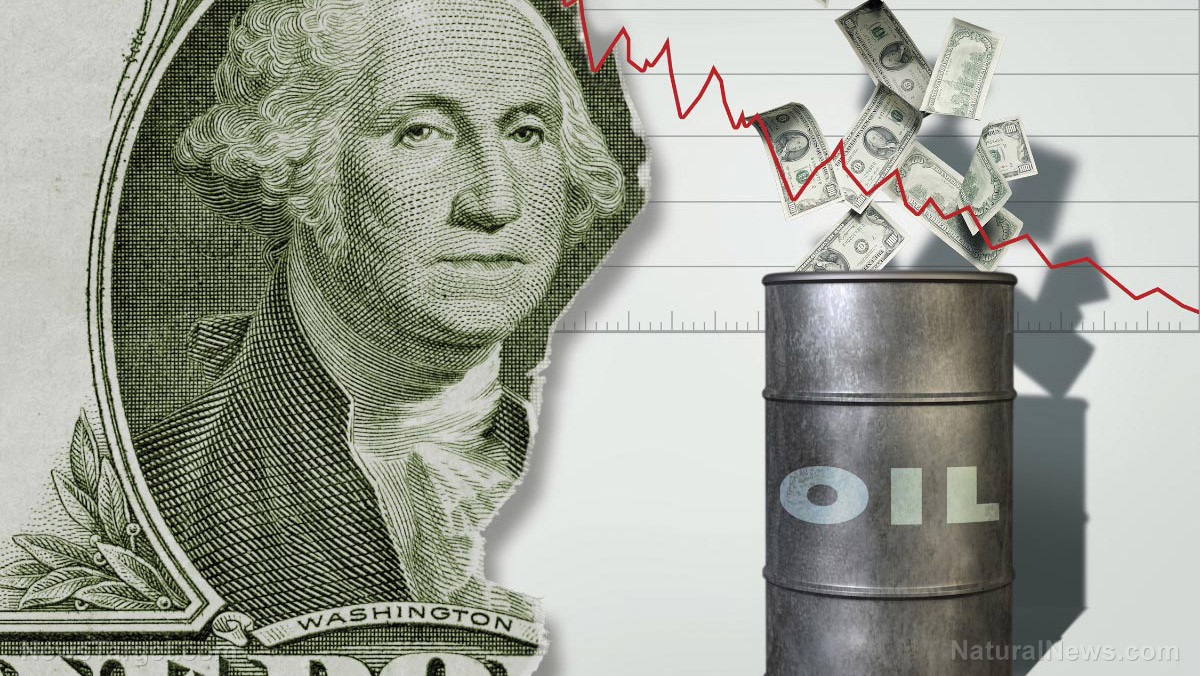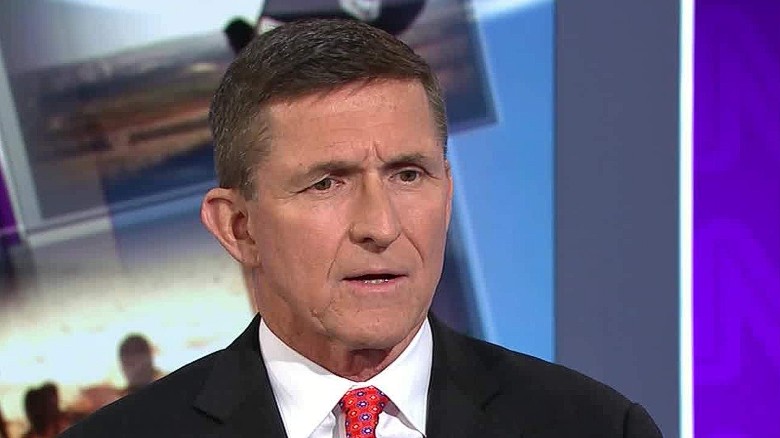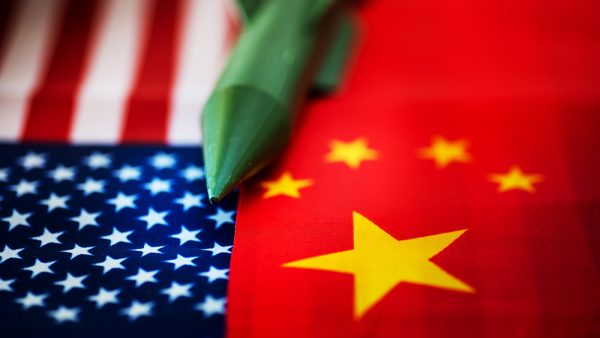 Parler
Parler Gab
Gab
- In the near term, China’s reopening and buying of ESPO crude would likely erode the role of Brent & energy indices
- Gulf nations envision the scope of petroyuan to be on par with demands for Chinese goods & technology transfer
- Rising yuan payments for Russian energy and more China-Gulf bilateral trade imply future dollar demand decline
- In the long term, more local currency trade settlements would erode dollar flows and Federal Reserve’s influence
 Currently, yuan-denominated purchases of Russian crude uses a quasi-barter system: Chinese buyers would settle Russian crude purchases in yuan, and Russia would subsequently use the yuan to purchase Chinese technology products.
This is the same petroyuan model discussed at the China-Saudi Summit.
Saudi-China Summit and long-term impacts
A key market focus on the Saudi-China Summit attended by Crown Prince Bin Salman and President Xi was petroyuan. Xi proposed making “full use of the Shanghai Petroleum and National Gas Exchange as a platform to carry out yuan settlement of oil and gas trade.” A Saudi source previously said a decision to sell small amounts of oil in yuan to China could make sense in order to pay for Chinese imports directly, but “it is not yet the right time” to take the step.
This ambiguous stance preserved policy option for the Kingdom, for the Saudis do not see the yuan as an alternative reserve currency as Russia does. Riyadh, like Hong Kong, pegs its currency to the dollar, and it would require an ample dollar reserve to defend the riyal. As long as this system persists, Saudi Arabia would use petrodollar as a liquidity source, and it would reinvest reserves in interest-bearing dollar-denominated assets such as U.S. Treasury securities or corporate bonds. This supports the dollar and contributes to easier dollar-based financial conditions by boosting dollar asset prices. Ultimately, the petrodollar system plays a role to elevate the Federal Reserve as the dollar system’s central bank that affects global financing costs.
Yet, Saudi Arabia’s willingness to consider a system modeled after yuan-based Russian crude trade reflects its pragmatic considerations: it creates an incentive for Beijing to broaden economic ties with Riyadh. Greater the overall bilateral trade in yuan, greater the Kingdom’s demand for renminbi to pay for Chinese goods and technology, and petroyuan would fulfill a similar purpose as petrodollar to supply Riyadh with a non-dollar invoicing currency.
Overtime, greater the Saudi-China bilateral trade, greater the likelihood of more crude transactions settled in yuan, thus smaller the role of the dollar (and Fed policy) on global asset markets. While petroyuan would hardly replace petrodollar given its limited scope, less dollar in commodity settlement would result in less reinvestment of dollar reserves into dollar assets. This has ramifications from U.S. fiscal policy (less demand for dollar debt) to U.S. fixed income and equity markets.
Combined with India’s work on rupee transactions with Russia, a slow grind toward a multipolar (fragmented) world would likely weaken the dollar and erode existing asset correlation paradigms to create new market opportunities.
Read more at: Mises.org
Currently, yuan-denominated purchases of Russian crude uses a quasi-barter system: Chinese buyers would settle Russian crude purchases in yuan, and Russia would subsequently use the yuan to purchase Chinese technology products.
This is the same petroyuan model discussed at the China-Saudi Summit.
Saudi-China Summit and long-term impacts
A key market focus on the Saudi-China Summit attended by Crown Prince Bin Salman and President Xi was petroyuan. Xi proposed making “full use of the Shanghai Petroleum and National Gas Exchange as a platform to carry out yuan settlement of oil and gas trade.” A Saudi source previously said a decision to sell small amounts of oil in yuan to China could make sense in order to pay for Chinese imports directly, but “it is not yet the right time” to take the step.
This ambiguous stance preserved policy option for the Kingdom, for the Saudis do not see the yuan as an alternative reserve currency as Russia does. Riyadh, like Hong Kong, pegs its currency to the dollar, and it would require an ample dollar reserve to defend the riyal. As long as this system persists, Saudi Arabia would use petrodollar as a liquidity source, and it would reinvest reserves in interest-bearing dollar-denominated assets such as U.S. Treasury securities or corporate bonds. This supports the dollar and contributes to easier dollar-based financial conditions by boosting dollar asset prices. Ultimately, the petrodollar system plays a role to elevate the Federal Reserve as the dollar system’s central bank that affects global financing costs.
Yet, Saudi Arabia’s willingness to consider a system modeled after yuan-based Russian crude trade reflects its pragmatic considerations: it creates an incentive for Beijing to broaden economic ties with Riyadh. Greater the overall bilateral trade in yuan, greater the Kingdom’s demand for renminbi to pay for Chinese goods and technology, and petroyuan would fulfill a similar purpose as petrodollar to supply Riyadh with a non-dollar invoicing currency.
Overtime, greater the Saudi-China bilateral trade, greater the likelihood of more crude transactions settled in yuan, thus smaller the role of the dollar (and Fed policy) on global asset markets. While petroyuan would hardly replace petrodollar given its limited scope, less dollar in commodity settlement would result in less reinvestment of dollar reserves into dollar assets. This has ramifications from U.S. fiscal policy (less demand for dollar debt) to U.S. fixed income and equity markets.
Combined with India’s work on rupee transactions with Russia, a slow grind toward a multipolar (fragmented) world would likely weaken the dollar and erode existing asset correlation paradigms to create new market opportunities.
Read more at: Mises.org
There are two American governments: the visible one and the SECRET one, says Gen. Flynn
By Ethan Huff // Share
New Zealand government to prohibit use of natural health products
By Belle Carter // Share
China preparing to launch an invasion of Taiwan, warns Chinese journalist
By Arsenio Toledo // Share
BREAKING: House creates Anti-CCP Committee, headed by Mike Gallagher
By News Editors // Share
American Airlines cuts flights due to covid jab-induced pilot shortage
By Ethan Huff // Share
Governments continue to obscure COVID-19 vaccine data amid rising concerns over excess deaths
By patricklewis // Share
Tech giant Microsoft backs EXTINCTION with its support of carbon capture programs
By ramontomeydw // Share
Germany to resume arms exports to Israel despite repeated ceasefire violations
By isabelle // Share










